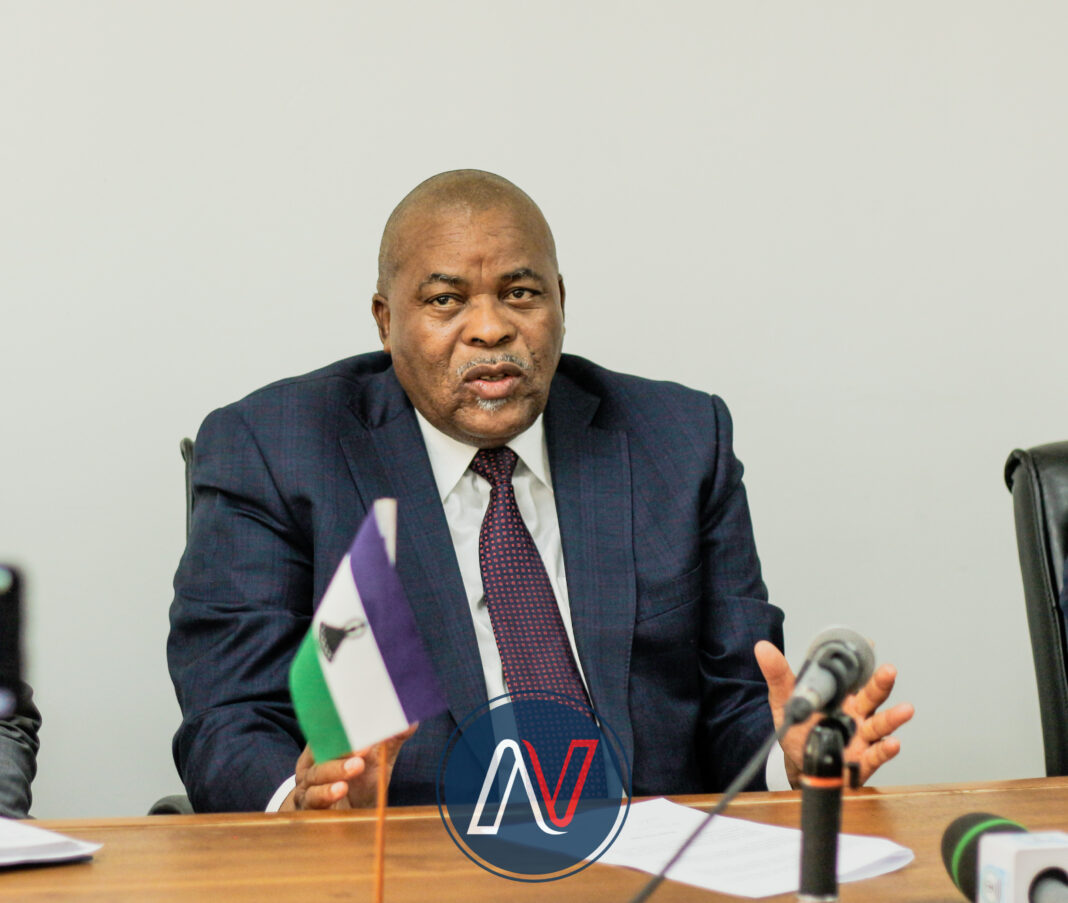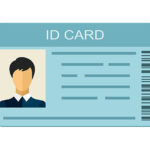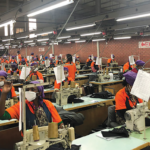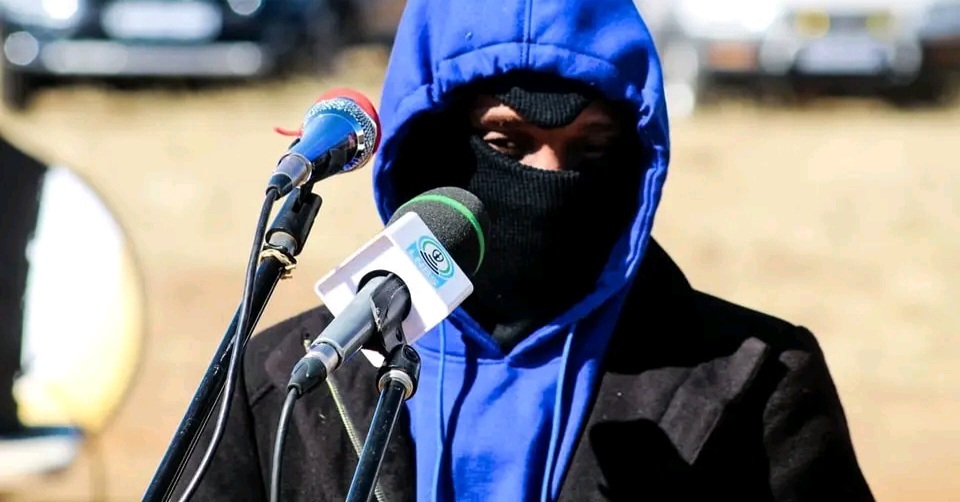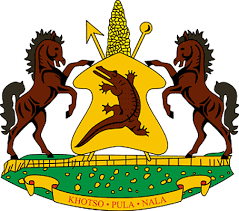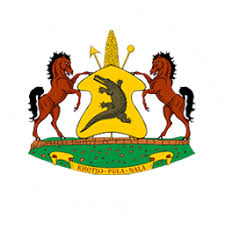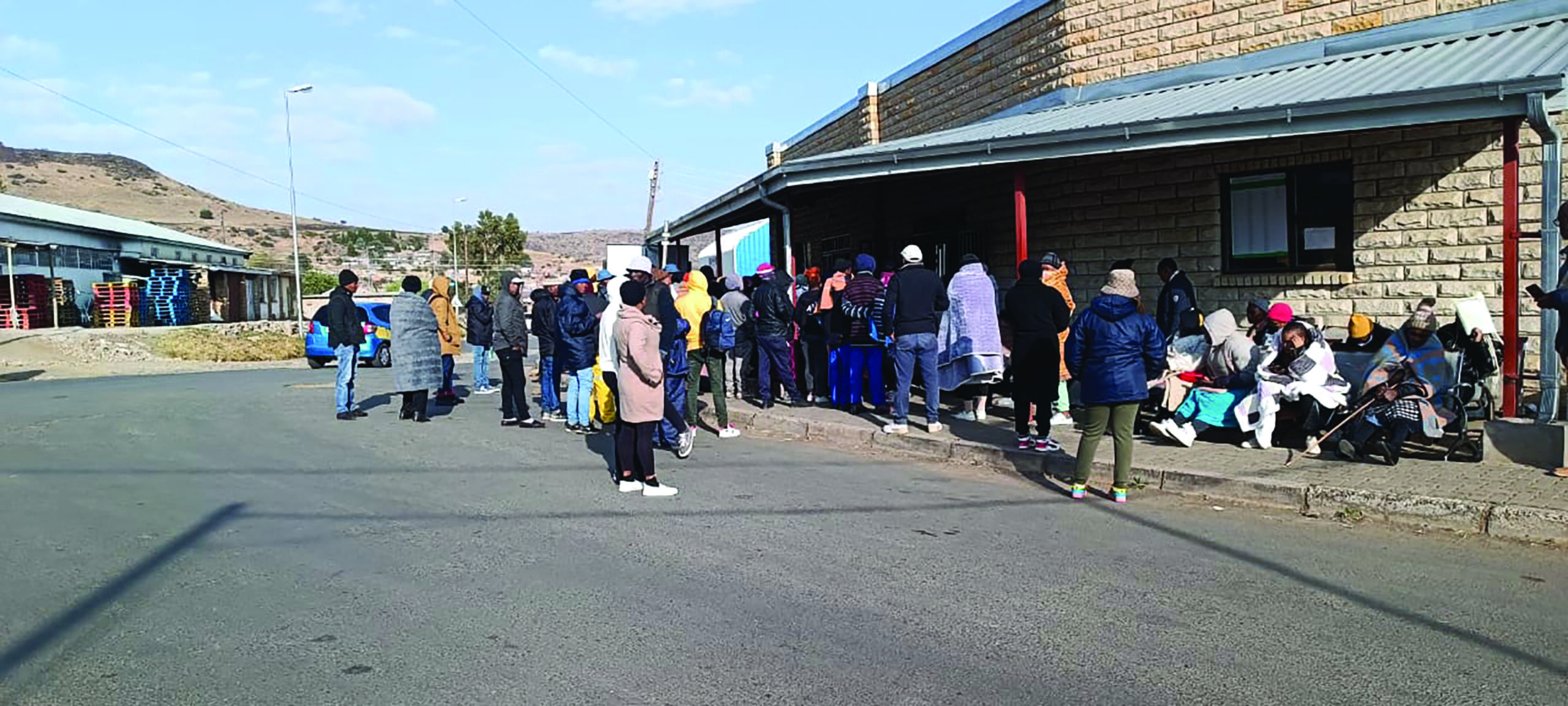Ntsoaki Motaung
The United Nations (UN) Resident Coordinator, Deepak Bhaskaran, highlighted significant gaps in Lesotho’s civil registration system, particularly in remote areas where timely registration of children is lacking.
Bhaskaran emphasised that children without proper identification face a heightened risk of trafficking, sexual exploitation, and abuse.
According to the UN, Lesotho has made considerable progress in its national ID system, with about 1.45 million citizens having their IDs.
“Having a formal identity is a fundamental human right. The Universal Declaration of Human Rights recognizes the right of every individual to a legal identity, including the right to a name and nationality,†Bhaskaran stated.
“This right is essential in upholding other rights, such as access to education, healthcare, social services, and even protection from exploitation and child trafficking,†he added.
Bhaskaran was speaking during the recent commemoration of International Identity Day held in Semonkong on the outskirts of Maseru,
He said the UN believes that identity documents are essential for the achievement of the Sustainable Development Goals (SDGs) to provide individuals with legal recognition and proof of their existence as citizens of a country.
“This recognition is crucial for ensuring that everyone is included in development processes and access essential services and entitlements, including education, healthcare, social protection, and employment,†Bhaskaran said.
He also applauded Lesotho for notable strides it made in providing citizens with a trusted, unique, and verifiable identity from birth to death.
He reiterated the UN commitment to support the government Lesotho in ensuring that individuals have identity documents.
On his part, the Minister of Local Government, Chieftainship, Home Affairs and Police, Lebona Lephema said they have embraced technology strides for their improved efficiency in the registration process.
“The significance of this milestone goes beyond mere recognition it resonates with the potential to foster greater societal equity,†Lephema said.
He indicated that at least 60 percent of newborn babies are registered, between 60 and 70 percent is children under five years and 70 percent of deaths are registered.
“Its impact is poised to elevate the status of women and children, thereby contributing to a more inclusive and empowered society,†he said.
The Minister also revealed that 2.3 million people have birth certificates, while 1.4 million who are eligible for IDs have them.
“We wish to thank our Development Partners especially UNICEF for their continued support in our effort to strengthen the Civil Registration and Vital Statistics (CRVS) System in Lesotho and ensure the achievement of the UN Legal Identity Agenda,†he said.
Summary
- The Universal Declaration of Human Rights recognizes the right of every individual to a legal identity, including the right to a name and nationality,†Bhaskaran stated.
- He said the UN believes that identity documents are essential for the achievement of the Sustainable Development Goals (SDGs) to provide individuals with legal recognition and proof of their existence as citizens of a country.
- “We wish to thank our Development Partners especially UNICEF for their continued support in our effort to strengthen the Civil Registration and Vital Statistics (CRVS) System in Lesotho and ensure the achievement of the UN Legal Identity Agenda,†he said.

Your Trusted Source for News and Insights in Lesotho!
At Newsday Media, we are passionate about delivering accurate, timely, and engaging news and multimedia content to our diverse audience. Founded with the vision of revolutionizing the media landscape in Lesotho, we have grown into a leading hybrid media company that blends traditional journalism with innovative digital platforms.


